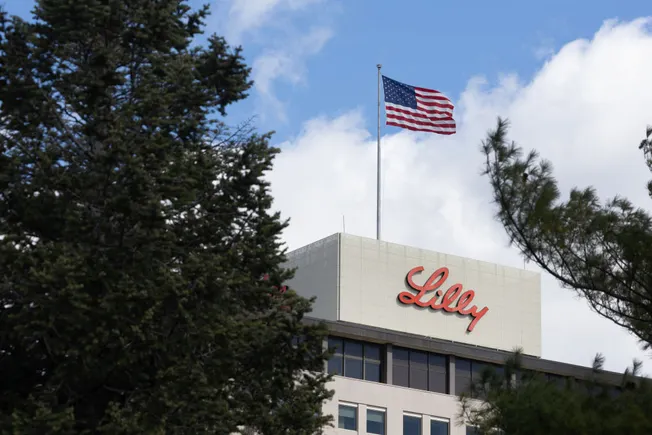Dive Brief:
- Lilly USA did not violate the Employee Retirement Income Security Act when it denied severance benefits to an employee who was fired for submitting a false expense report, a federal district court in Indianapolis held Nov. 10 in Cella v. Lilly USA LLC.
- Prior to a business trip, the employee forgot he had already booked a room in a hotel and made a reservation at another hotel, according to court records. The first hotel charged him a $405 “no-show” fee, which he included on a travel reimbursement request as a “business meal.” Lilly terminated him for submitting a fraudulent request, court records said. It rejected his explanation that he didn’t realize he double-booked hotel rooms and thought the charge was for a dining expense.
- Following his termination, Lilly’s employee benefits committee denied the worker’s claim for severance pay because he was fired for excludable misconduct — “falsification of reports.” After an unsuccessful appeal, he sued Lilly for violating ERISA, and the court granted summary judgment for Lilly. The Committee “reasonably explained” why it denied the claim and wasn’t required to specifically explain why it didn’t credit his assertion that he inadvertently falsified the request, the court said.
Dive Insight:
Lilly’s severance pay plan is an employee benefits plan that pays benefits out of the company’s general assets and is governed by ERISA, according to the court. The plan expressly states that an employee is not eligible for severance pay if terminated for “misconduct, including, but not limited to … falsification of reports,” the court noted.
The U.S. Department of Labor’s Employee Benefits Security Administration, which enforces ERISA, points out that ERISA sets minimum standards for most voluntarily established employee benefit, retirement and health plans in private industry to protect workers enrolled in these plans.
Relevant here, under ERISA, Lilly’s employee benefits committee could deny the severance pay if there was “rational support in the record,” the court explained.
Additionally, ERISA required the committee to give the employee a “full and fair review” of its decision to deny him severance pay. This included appropriately considering both Lilly’s and his evidence, the court said.
It concluded that contrary to the employee’s arguments, he received these protections, and the committee met the ERISA standard.
First, the committee provided the employee with sufficient information to appeal its initial decision, specifically that he was fired because he falsified a report by submitting a reimbursement request describing a nonreimbursable fee as a reimbursable meal charge.
Second, in reviewing its initial decision, the committee appropriately relied on Lilly’s investigation into the employee’s termination. It did not have to focus on whether or not his actions were intentional and whether that should have affected his termination, the court emphasized.






Leave a Reply